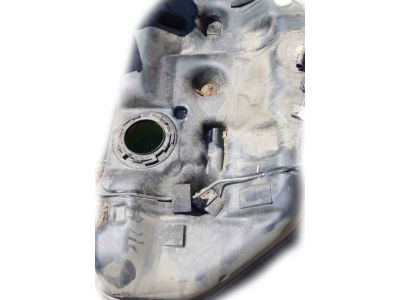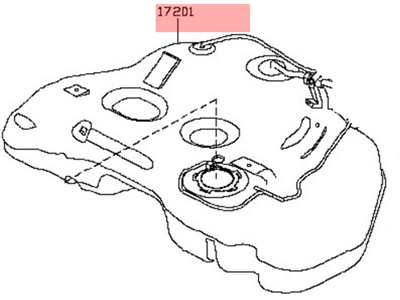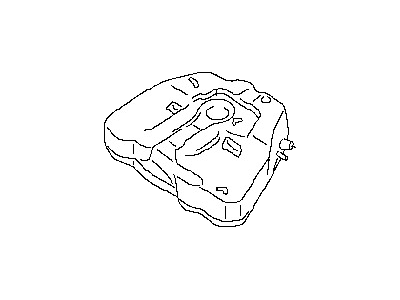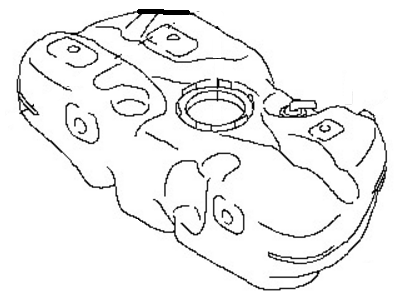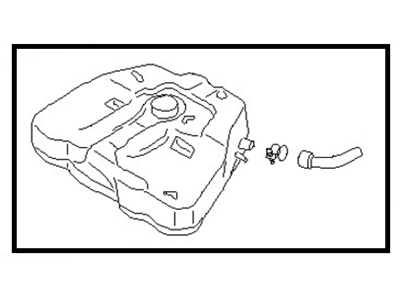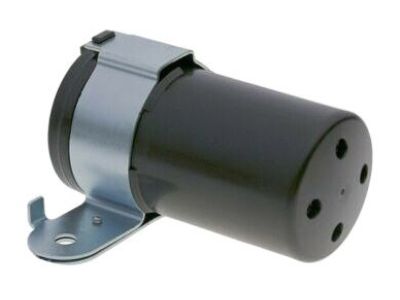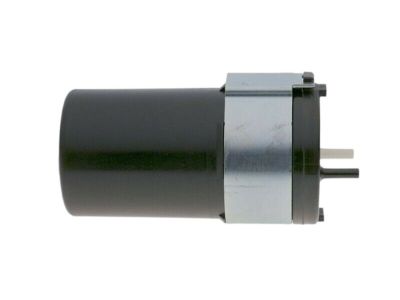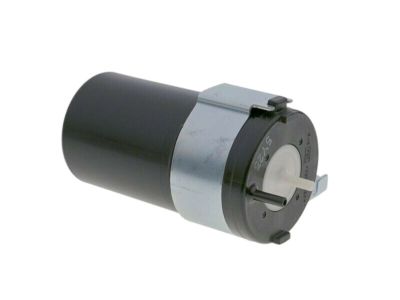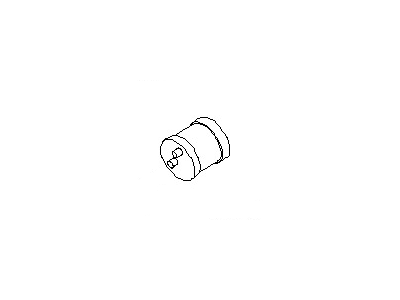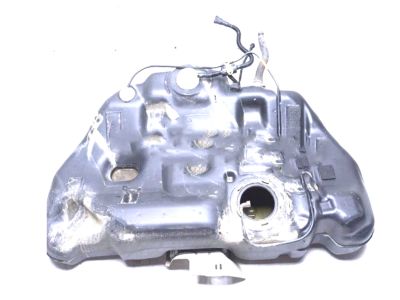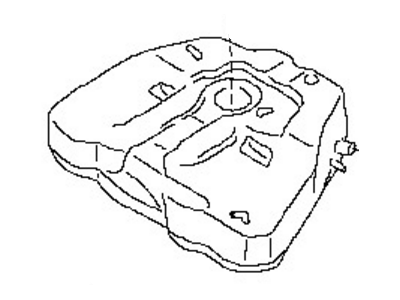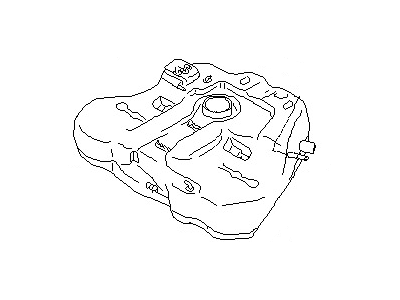×
- Hello
- Login or Register
- Quick Links
- Live Chat
- Track Order
- Parts Availability
- RMA
- Help Center
- Contact Us
- Shop for
- Nissan Parts
- Nissan Accessories

My Garage
My Account
Cart
Genuine Nissan Altima Fuel Tank
Gas Tank- Select Vehicle by Model
- Select Vehicle by VIN
Select Vehicle by Model
orMake
Model
Year
Select Vehicle by VIN
For the most accurate results, select vehicle by your VIN (Vehicle Identification Number).
22 Fuel Tanks found

Nissan Altima Fuel Tank Assembly
Part Number: 17202-3TA0C$953.03 MSRP: $1346.08You Save: $393.05 (30%)Ships in 1-3 Business DaysNissan Altima Fuel Tank Assembly
Part Number: 17202-JA90A$862.77 MSRP: $1218.60You Save: $355.83 (30%)Ships in 1-3 Business DaysNissan Altima Fuel Tank Assembly
Part Number: 17202-6CC0A$756.40 MSRP: $1068.37You Save: $311.97 (30%)Ships in 1-3 Business DaysNissan Altima Fuel Tank Assembly
Part Number: 17202-ZX00A$707.34 MSRP: $999.07You Save: $291.73 (30%)Ships in 1-3 Business DaysNissan Altima Fuel Tank Assembly
Part Number: 17202-6CA0A$788.59 MSRP: $1113.83You Save: $325.24 (30%)Ships in 1-3 Business DaysNissan Altima Fuel Tank Assembly
Part Number: 17202-ZN50A$1050.35 MSRP: $1483.55You Save: $433.20 (30%)Ships in 1-3 Business DaysNissan Altima Fuel Tank Assembly
Part Number: 17202-3TA0B$953.03 MSRP: $1346.08You Save: $393.05 (30%)Ships in 1-3 Business DaysNissan Altima Fuel Tank Assembly
Part Number: 17202-ZA30A$704.33 MSRP: $994.82You Save: $290.49 (30%)Ships in 1-3 Business DaysNissan Altima Fuel Tank Assembly
Part Number: 17202-9DE0A$873.91 MSRP: $1234.33You Save: $360.42 (30%)Ships in 1-3 Business Days
Nissan Altima Tank Assembly Pressure
Part Number: 22370-8J000$30.50 MSRP: $42.05You Save: $11.55 (28%)
Nissan Altima Fuel Tank Assembly
Part Number: 17202-JA00A$509.71 MSRP: $785.38You Save: $275.67 (36%)
| Page 1 of 2 |Next >
1-20 of 22 Results
Nissan Altima Fuel Tank
The Fuel Tank in Nissan Altima vehicles is a safety part of each car that mounted to retain and dispense flammable mixes such as gasoline into the engine. Located at the rear part of a vehicle and has a tiny aperture covered by a cap to facilitate refuelling. Various fuel tanks contains can also differ in the shape and appearance due to the make and model of the car and they include metal and plastic tanks. When enlisting the services of a replacement fuel tank, the right factors to consider include fit the fuel tank and the quality of the fuel tank. The fabrication of fuel tanks can be either standard or made according to the client's request with the necessary attention being paid to such design features as outlets, drains as well as baffles in order to increase the tank's structural and practical characteristics.
If you need any OEM Nissan Altima Fuel Tank, feel free to choose them out of our huge selection of genuine Nissan Altima Fuel Tank. All our parts are offered at unbeatable prices and are supported by the manufacturer's warranty. In addition, we offer quick shipping to have your parts delivered to your door step in a matter of days.
Nissan Altima Fuel Tank Parts Questions & Experts Answers
- Q: How to remove and install a fuel tank on Nissan Altima?A:The following procedure is much easier to perform if the fuel tank is empty. Drain the fuel into an approved fuel container using a commercially available siphoning kit (NEVER start the siphoning action by mouth) or wait until the fuel tank is nearly empty, if possible. Remove the fuel tank filler cap to relieve fuel tank pressure. Relieve the fuel system pressure. Disconnect the cable from the negative terminal of the battery. Raise the vehicle and place it securely on jackstands. If there is still fuel in the tank, siphon it out from the fuel feed line. Remember - NEVER start the siphoning action by mouth! Use a siphoning kit, which can be purchased at most auto parts stores. Remove the exhaust pipe. Disconnect the hoses and electrical connector from the fuel tank. Disconnect the parking brake cables from their brackets. Move the cables aside and secure them in place with wire. On 2011 and later models, remove the rear stabilizer bar. Remove the fuel tank shield. Disconnect the lines and wiring from the Fuel Pump module at the top of the fuel tank. If desired, the fuel pump module can be removed at this time. Support the fuel tank with a floor jack. Position a wood block between the jack head and the fuel tank to protect the tank. Remove the fuel tank strap bolts. Remove the tank from the vehicle. Installation is the reverse of removal. Reconnect the battery and perform the necessary re-learn procedures.
Related Nissan Altima Parts
Browse by Year
2025 Fuel Tank 2024 Fuel Tank 2023 Fuel Tank 2022 Fuel Tank 2021 Fuel Tank 2020 Fuel Tank 2019 Fuel Tank 2018 Fuel Tank 2017 Fuel Tank 2016 Fuel Tank 2015 Fuel Tank 2014 Fuel Tank 2013 Fuel Tank 2012 Fuel Tank 2011 Fuel Tank 2010 Fuel Tank 2009 Fuel Tank 2008 Fuel Tank 2007 Fuel Tank 2006 Fuel Tank 2005 Fuel Tank 2004 Fuel Tank 2003 Fuel Tank 2002 Fuel Tank 2001 Fuel Tank 2000 Fuel Tank 1999 Fuel Tank 1998 Fuel Tank 1997 Fuel Tank 1996 Fuel Tank 1995 Fuel Tank 1994 Fuel Tank 1993 Fuel Tank
